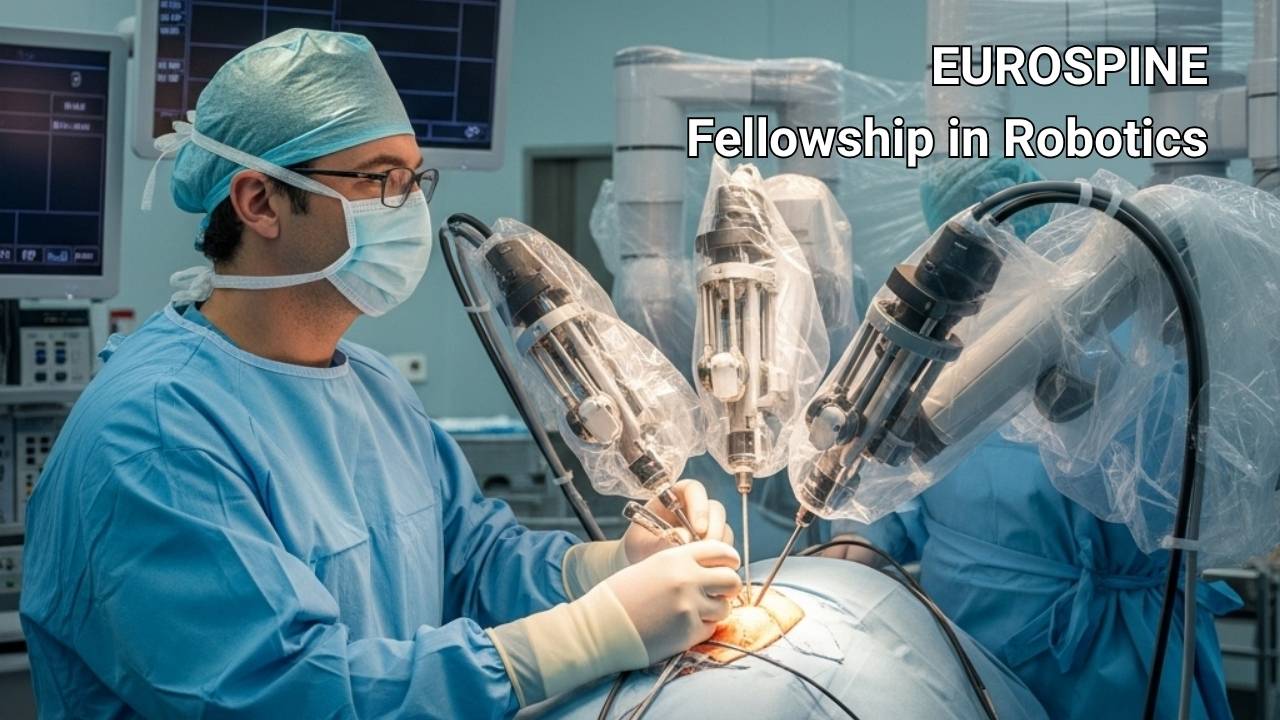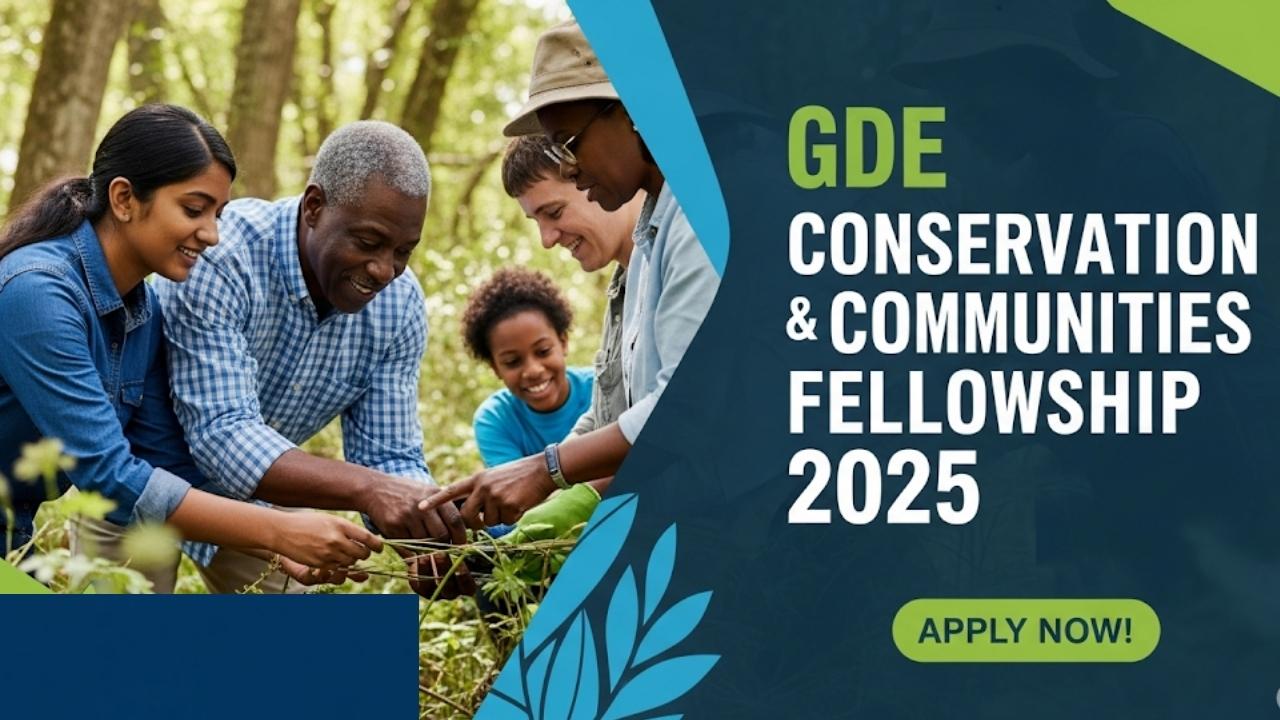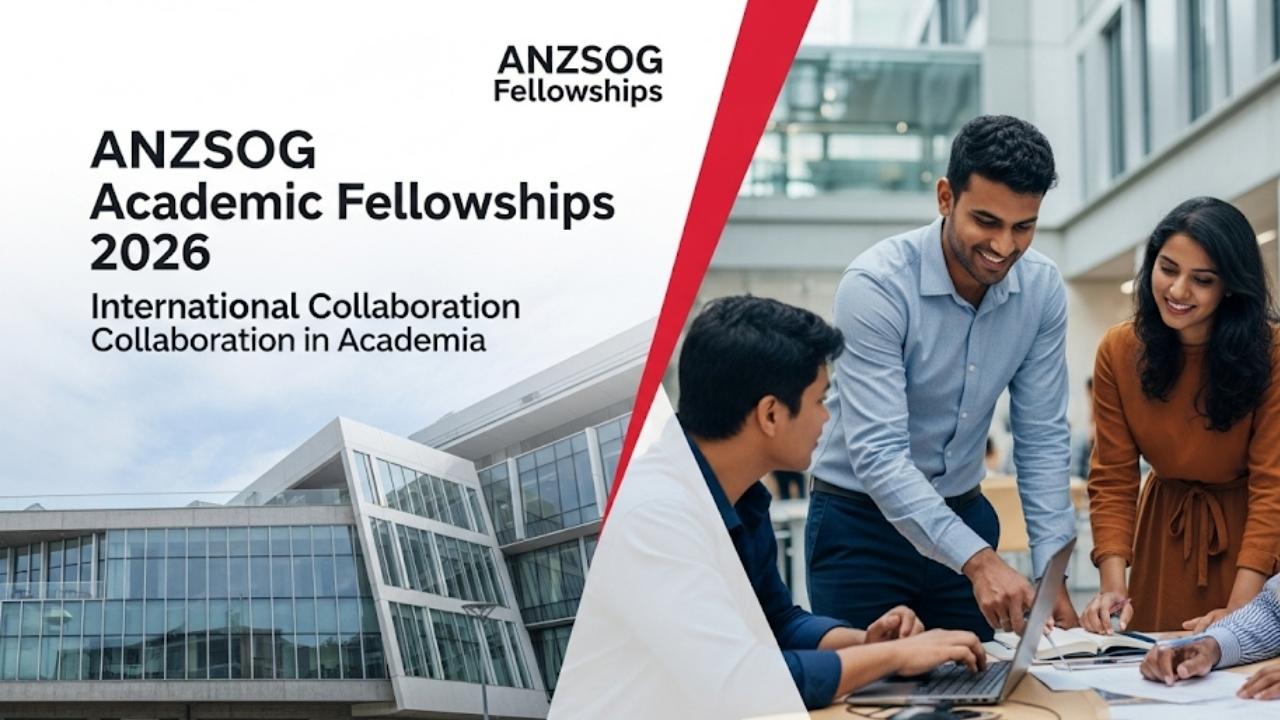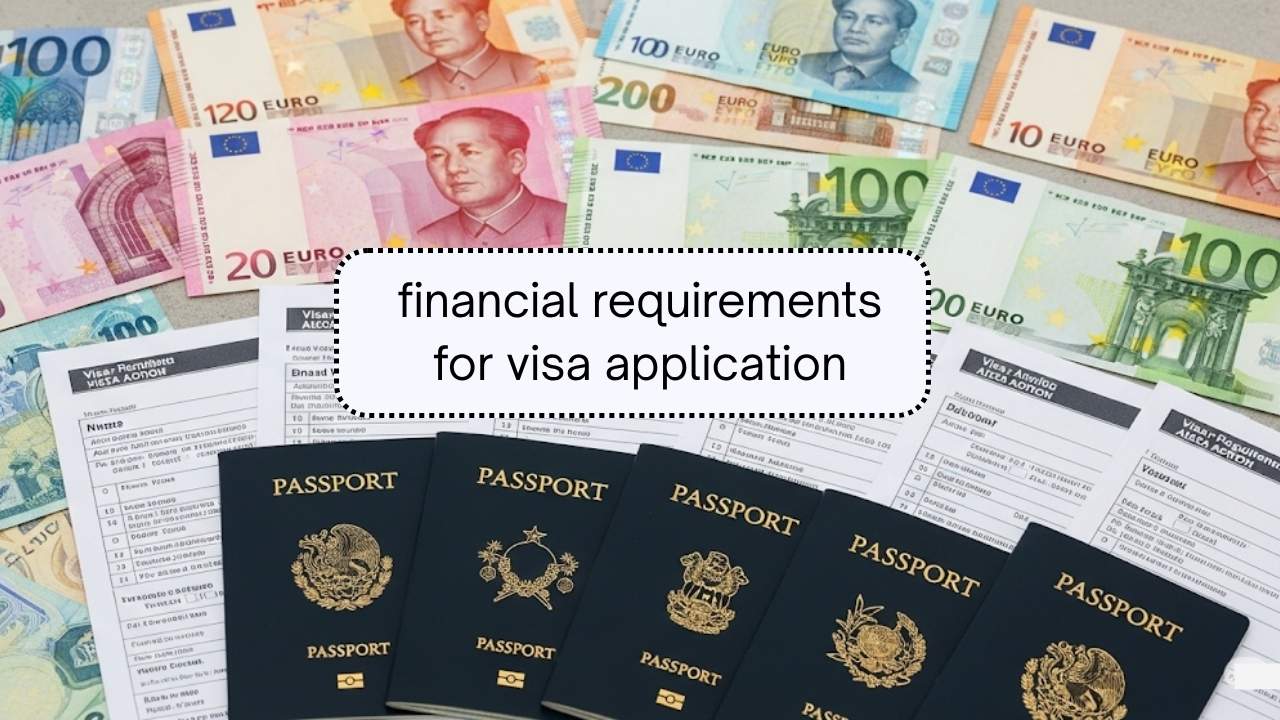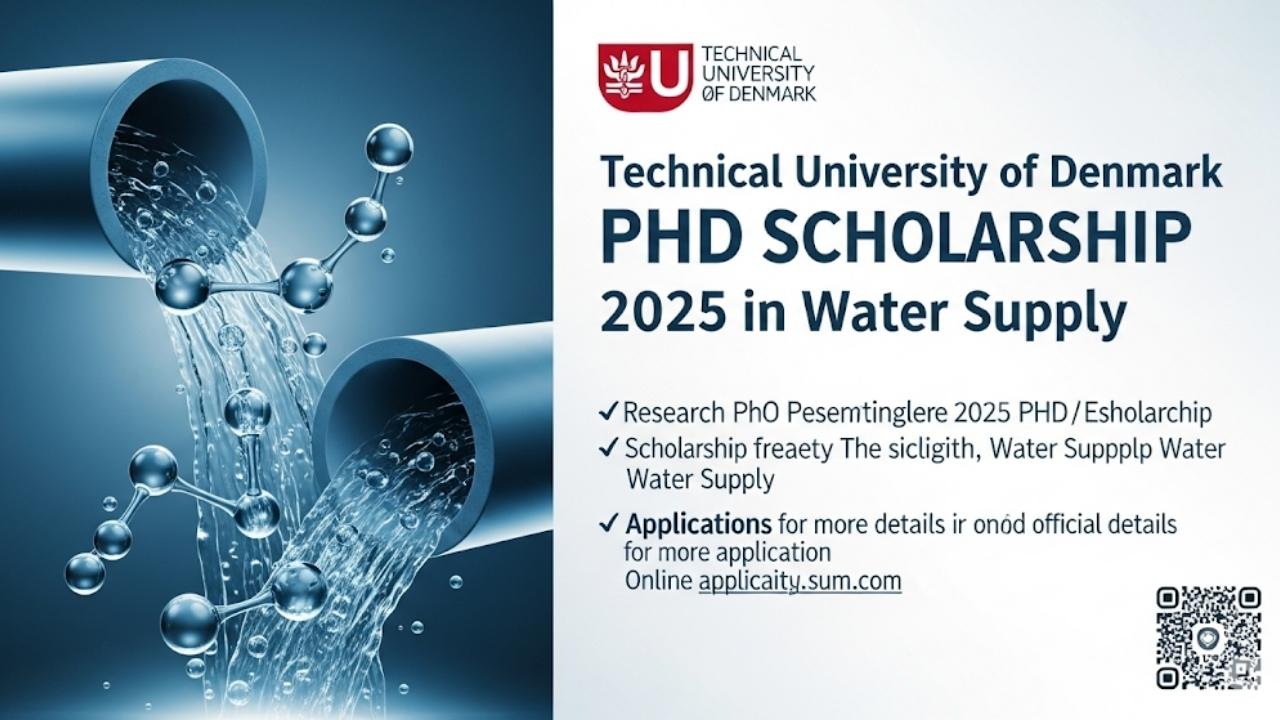Are you a passionate early-career Ugandan scientist eager to tackle climate change and make a real impact on smallholder farming communities? The SFR2CC Project Scholarship Kabale University for the 2025/2026 academic year could be your golden ticket. This guide is designed to walk you through every step, from understanding the scholarship’s core mission to submitting a winning application. As a scholarship advisor, I’ve seen countless students navigate these waters, and my goal here is to empower you with clear, actionable information to seize this incredible opportunity. Let’s dive in!
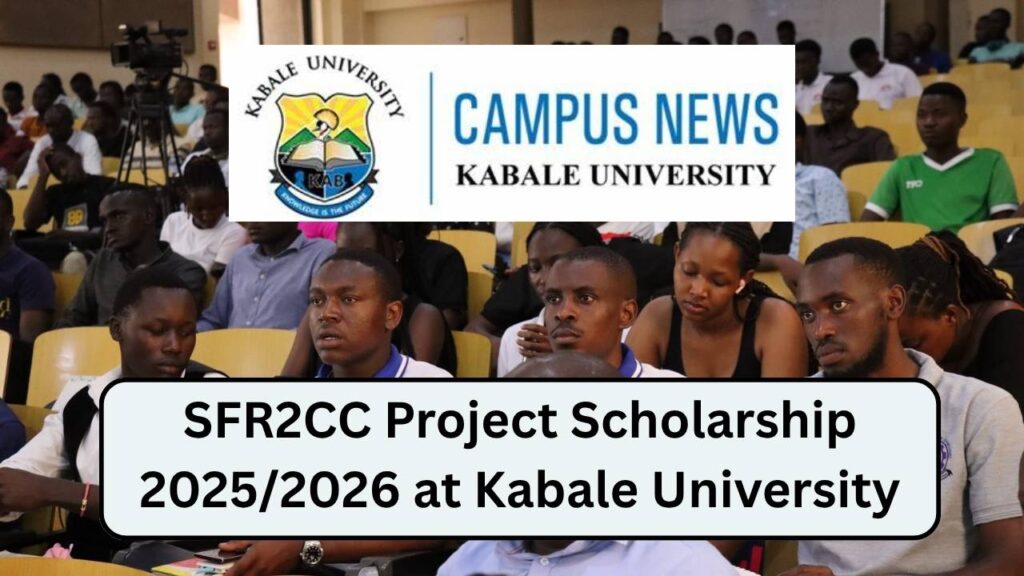
SFR2CC Project Scholarship 2025/2026
For those who like a quick overview, here are the essential details about the SFR2CC Project Scholarship:
| Key Fact | Detail |
| Scholarship Name | SFR2CC Project Scholarship. Kabale University Announcement |
| Host Institution | Kabale University (KAB), in collaboration with Mountains of the Moon University (MMU) |
| Degree Program | MSc in Environment and Natural Resources |
| Project Focus | Strengthening Smallholder Farmer Resilience to Climate Change through on-farm water management solutions in Uganda. Kabale University PDF Call |
| Number of Scholarships | Five (5).Kabale University Announcement |
| Target Group | Early-career Ugandan scientists (at least 40% reserved for females and individuals from disadvantaged backgrounds) |
| Application Deadline | Friday, 26th July 2025, by 5:00 PM (local time) |
| Scholarship Queries Contact | Alex Saturday: [email protected] or Call 0783 694119 |
| Admission Queries Contact | [email protected] / [email protected] or Call 0782 860259 / 0704 583059 / 0772 572454 |
Dreaming of Making a Difference? What is the SFR2CC Project Scholarship Kabale University?
The SFR2CC Project Scholarship Kabale University isn’t just about funding your studies; it’s about empowering you to become a change-maker. This scholarship is a core component of a larger initiative called “Strengthening Smallholder4 Farmer Resilience to Climate Change through Joint Learning, Development, and Evaluation of Contextualised Solutions (SFR2CC).”
The Vision Behind SFR2CC
The heart of the SFR2CC project is to connect higher education with the pressing needs of local farming communities. It’s about bridging the gap between academic research and tangible improvements in farmers’ lives. The project has four main goals:
- Developing a community-focused interdisciplinary Master’s program at MMU and reviewing the MSc in Environment and Natural Resources at KAB (which this scholarship supports).
- Creating a research agenda that is gender-responsive and focuses on practical, action-oriented research for water management.
- Working with farmers to co-develop and test water management innovations that suit the local context.
- Building a platform for different stakeholders (scientists, policymakers, farmers, and practitioners) to share knowledge and collaborate.
Your Role as a Scholar
As an SFR2CC scholar, you will be pursuing an MSc in Environment and Natural Resources at Kabale University. More than just attending classes, you’ll be an active participant in this vital research. Your work will directly contribute to finding and testing solutions that enhance the resilience of smallholder farmers to climate change. This is a chance to gain hands-on experience and make your academic journey count in a deeply meaningful way.
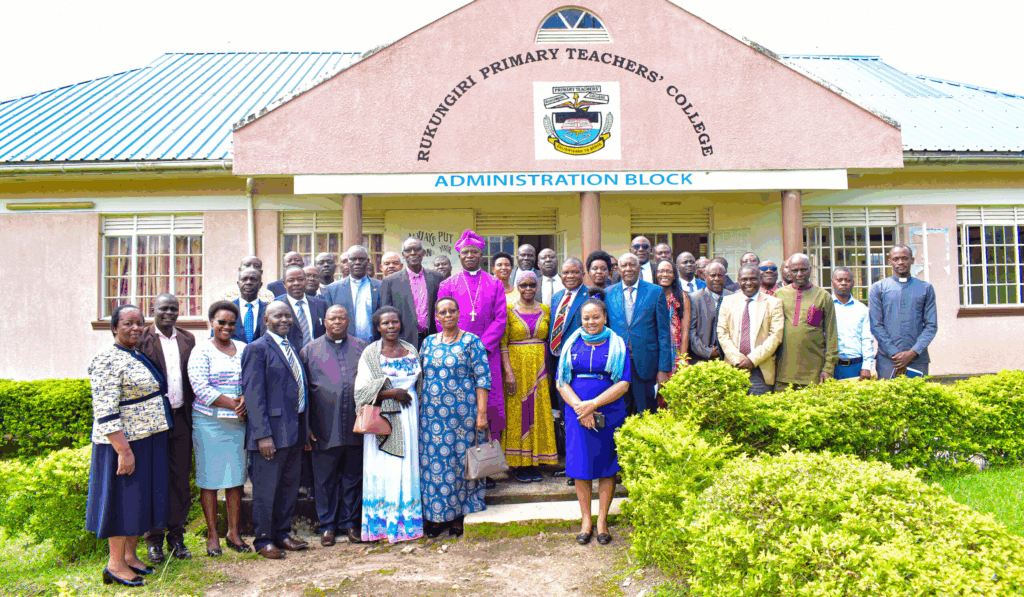
Are You Eligible for this Prestigious Opportunity?
Before you get too excited, let’s ensure you meet the criteria. The Kabale University announcement clearly outlines who they are looking for.
Nationality and Residency
- You must be a Ugandan national.
- You must be a permanent resident of Uganda.
Academic Requirements
- You need to hold a second-class upper division (or better) Bachelor’s degree in a relevant field. These include:
- Environmental Sciences
- Agricultural Sciences
- Biological Sciences
- Natural Sciences
- Or an equivalent qualification.
Age Considerations
- Male applicants must be under 35 years old.
- Female applicants have a slightly extended age limit and must be under 40 years old.
- It’s worth noting that the project reserves at least 40% of the scholarships for female applicants and individuals from disadvantaged backgrounds, highlighting a commitment to equity.
Essential: Admission to Kabale University
- Crucially, you must have a valid admission letter for the MSc in Environment and Natural Resources program at Kabale University for the 2025/2026 academic year. This means you’ll likely need to apply for admission to the program separately or concurrently with your scholarship application. Check the university’s admission deadlines!
What are the Benefits of Becoming an SFR2CC Scholar?
This scholarship offers more than just a line on your CV. It’s a comprehensive package designed to equip you for a successful career in environmental science and climate change adaptation.
Financial Support and Academic Advancement
The scholarship aims to enhance your capacity by equipping you with the necessary skills and knowledge. While the official Kabale University call doesn’t use the term “fully funded” to detail every single cost covered, it is a significant award focused on enabling early-career scientists to undertake their MSc in Environment and Natural Resources. This typically involves covering tuition fees and research-related costs, allowing you to focus on your studies and research without the heavy burden of educational expenses. The primary goal is to build your expertise in tackling on-farm water management challenges.
Research and Practical Experience
This is where the SFR2CC scholarship truly shines. You won’t just be learning theories; you’ll be applying them. The project emphasizes:
- Participatory, action-oriented research: Working directly with smallholder farmers.
- Developing contextualized solutions: Finding what works best for the specific challenges in the Kigezi and Rwenzori regions.
- Interdisciplinary learning: Gaining a broad perspective on environmental and water resource management.
Contribution to Community and Climate Resilience
Imagine the satisfaction of knowing your Master’s research is directly helping Ugandan farmers become more resilient to climate change. This scholarship offers a unique chance to contribute to sustainable development in your own country.
Your Roadmap: Applying for the SFR2CC Project Scholarship Kabale University Step-by-Step?
Navigating any scholarship application can feel daunting, but breaking it down into manageable steps makes it much easier. Here’s your roadmap:
Step 1: Secure Admission at Kabale University
As mentioned, a key eligibility criterion is holding an admission letter for the MSc in Environment and Natural Resources at Kabale University.
- Visit the Kabale University website for details on the MSc program and its admission requirements.
- Pay close attention to the admission application deadlines, as these may be different from the scholarship deadline.
- Contact the Directorate of Postgraduate Training at Kabale University for any admission-specific queries ([email protected] or [email protected]).
Step 2: Prepare Your Documents
Once you’re on track with admissions, start gathering the necessary documents for the scholarship. Don’t leave this to the last minute!
Step 3: Craft a Compelling Application
Your application form, motivation letter, and CV are your primary tools for convincing the selection committee.
- Application Form: Fill it out neatly and accurately. The official SFR2CC Scholarship Application Form can be downloaded from the Kabale University website.
- Motivation Letter: This is your chance to shine. Explain your passion for the field, your career goals, and why you are a perfect fit for the SFR2CC project. (More tips on this below!)
- CV: Tailor it to highlight relevant experiences and skills.
Step 4: Submit Your Application (Email and Physical Options)
You have two ways to submit your completed application package, as per the Kabale University announcement:
- Email: Send to [email protected]. Ensure all documents are clear, scanned copies in the required format (usually PDF).
- Physical Submission: Deliver to: The Senior Assistant Academic Registrar, Directorate of Postgraduate Training, Kabale University.
Step 5: The Selection Process
Once applications close, the5 selection process kicks in:
- Pre-selection Notification: Applicants who pass the initial screening will be notified of their pre-selection status by 30th July 2025.
- Oral Interviews: Shortlisted candidates will be invited for oral interviews, which are scheduled to be conducted by 10th August 2025.
- Final Scholarship Awards: The final list of successful scholarship awardees will be officially announced by 20th August 2025.
Essential Toolkit: Required Documents Checklist
To make sure you don’t miss anything, here’s a checklist of documents specified in the official call for applications:
- [ ] Completed Scholarship Application Form: (Ensure it’s the official one for SFR2CC).
- [ ] Typed Motivation Letter: Maximum 1 page. This should clearly articulate your drive, suitability for the project, and how this scholarship aligns with your career aspirations in addressing climate change and supporting smallholder farmers.
- [ ] Curriculum Vitae (CV): Maximum 2 pages. Highlight academic achievements, any research experience (even undergraduate projects), relevant skills, and volunteer work.
- [ ] Recommendation Letter: One letter from an employer or an academic referee. Choose someone who knows you well and can speak to your potential.
- [ ] Certified Academic Transcripts and Certificates: Make sure they are officially certified copies.
- [ ] Copy of National ID, Passport, or Birth Certificate: A clear, legible copy.
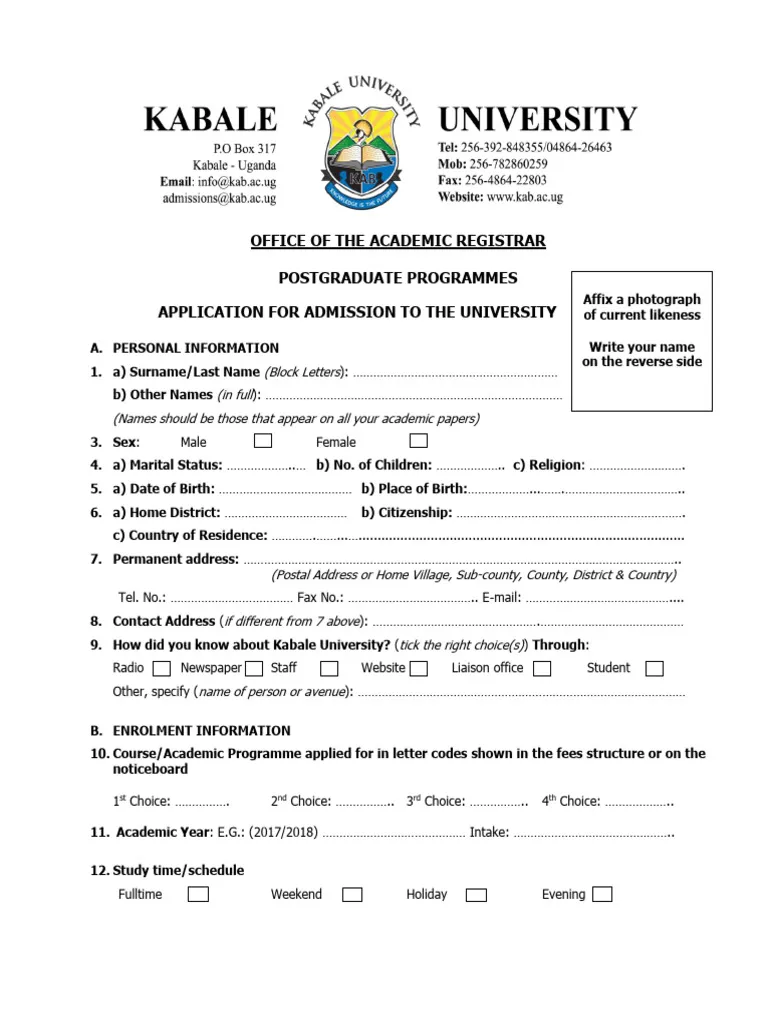
Common Pitfalls: Mistakes to Avoid in Your Application
- Missing the Deadline: This is an absolute no-go.
- Incomplete Application: Ensure every required document is included and every section of the form is filled.
- Generic Motivation Letter: Tailor your letter specifically to the SFR2CC project and Kabale University.
- Ignoring Page Limits: Stick to the specified page limits for the motivation letter (1 page) and CV (2 pages).
- Uncertified Documents: Submit certified copies of academic records as required.
- Poor Presentation: Ensure your application is neat, well-organized, and easy to read. If submitting online, use clear PDF scans.
- Not Answering the “Why”: Failing to clearly articulate why you are interested in this specific project and its focus on climate change and smallholder farmers.
FAQs
Is prior research experience mandatory for the SFR2CC Project Scholarship Kabale University?
While prior formal research experience is beneficial and can strengthen your application, it’s not always a strict deal-breaker for Master’s level scholarships, especially those targeting early-career scientists. The official call for applications emphasizes a strong academic record (second-class upper) and a relevant Bachelor’s degree. Highlight any undergraduate research projects, dissertations, or even relevant volunteer work that demonstrates your aptitude for research and your interest in the project’s themes. Your motivation letter is key to explaining your research potential.
Can I apply for the scholarship if I haven’t received my admission letter from Kabale University yet?
The eligibility criteria state that applicants must “Have an admission letter to the MSc Environment and Natural Resources program at Kabale University.” It is highly recommended to secure admission first or, at the very least, have your application for admission well underway and be able to demonstrate this. Contact the Directorate of Postgraduate Training at Kabale University to clarify the exact requirements if your admission is pending but expected before the scholarship selection process concludes. However, to be safe, aim to have the admission letter by the scholarship application deadline.
What kind of support does the SFR2CC scholarship provide besides tuition for the MSc Environment and Natural Resources Uganda?
The primary aim of the scholarship, as stated by Kabale University, is to enhance the capacity of early-career scientists by equipping them with skills and knowledge for on-farm water management challenges. This generally implies comprehensive support covering the core academic and research components of the MSc program.

